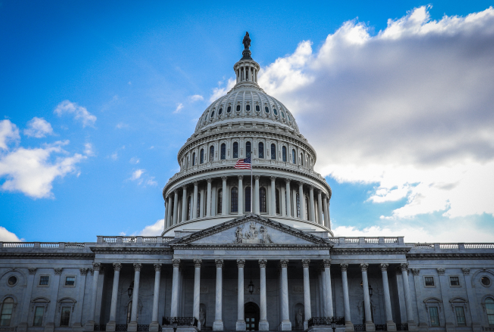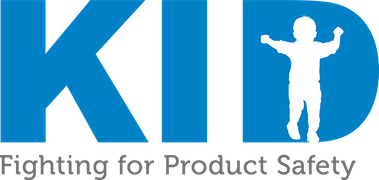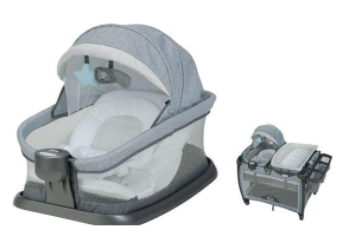 Last month, Congress passed the Consolidated Appropriations Act and the National Defense Authorization Act, major government funding bills for the year, which included several provisions regarding consumer safety. Here’s a brief summary of what you need to know about how these bills will affect the U.S. Consumer Product Safety Commission (CPSC) and product safety.
Last month, Congress passed the Consolidated Appropriations Act and the National Defense Authorization Act, major government funding bills for the year, which included several provisions regarding consumer safety. Here’s a brief summary of what you need to know about how these bills will affect the U.S. Consumer Product Safety Commission (CPSC) and product safety.
- The CPSC Budget: The CPSC budget for its 2021 fiscal year, which began in October 2020, will be $135,000,000, compared to the agency’s budget of $132,500,000 for the prior year.
- CPSC Safety Standard for Recreational Off-Highway Vehicles: This prohibits CPSC from finalizing work on this safety standard without a study which is likely to keep CPSC from moving forward. This has been in place for many years.
- Carbon Monoxide Alarms of Detectors in Federally Assisted Housing: This section requires all public housing programs to provide carbon monoxide detectors in every dwelling including supportive housing for the elderly, supportive housing for persons with disabilities, and housing opportunities for persons with AIDS. These detectors need to be added to the dwellings within two years. Not only does this provision require that these alarms and detectors be added to public housing, it also states that the Secretary of Housing and Urban Development, with the assistance of the CPSC, will conduct a study on the requirement of carbon monoxide detectors in all federal housing that is not covered in this section and issue a publicly available report on it.
- Portable Fuel Container Safety Act of 2020: The CPSC must create a safety rule in 30 months to make portable fuel containers safer by requiring manufacturers to make the product with safeguards to stop flames from spreading into the container. This issue has been brought to public attention by a parent whose daughter was severely burned.
- Port Surveillance: Following a USA Today story on a decline in port work by CPSC, this provision requires that the CPSC has enough investigators at ports across the country to inspect products for safety that are imported from other countries. It also requires the CPSC to hire at least 16 additional employees. The CPSC must also conduct a study on how a decrease in product inspections during the pandemic has put consumers at risk.
- COVID–19 Regulatory Relief and Work from Home Safety Act (also referred to as SOFFA): A safety standard used by the state of California will be adopted by the CPSC and used as a safety standard nationally to test the flammability of upholstered furniture. This will limit the necessity for chemical flame retardants that have been linked to illness in both consumers and fire-fighters.
- Product Incident Reports: This section of the National Defense Authorization Act encourages any incidents related to consumer product safety on military bases be reported to the CPSC at SaferProducts.gov.
- Scarlett’s Sunshine on Sudden Unexpected Death Act: Scarlett’s Law, which was separate from the two large bills listed above, also passed in December. This long-awaited law will allow the Department of Health and Human Services to address sudden unexpected infant and childhood death. It includes grants to numerous national organizations, government departments, and other groups that advocate for the welfare of infants and children. It also calls for gathering data about what could be causing these deaths, and grief counseling and other support services for families affected by sudden unexpected infant and childhood death.
Watch for more in the coming weeks on KID’s list of more product safety measures that will better protect children from deadly products. Have ideas? Comment below or on our Facebook page. You can subscribe to this blog so you won’t miss any updates.


